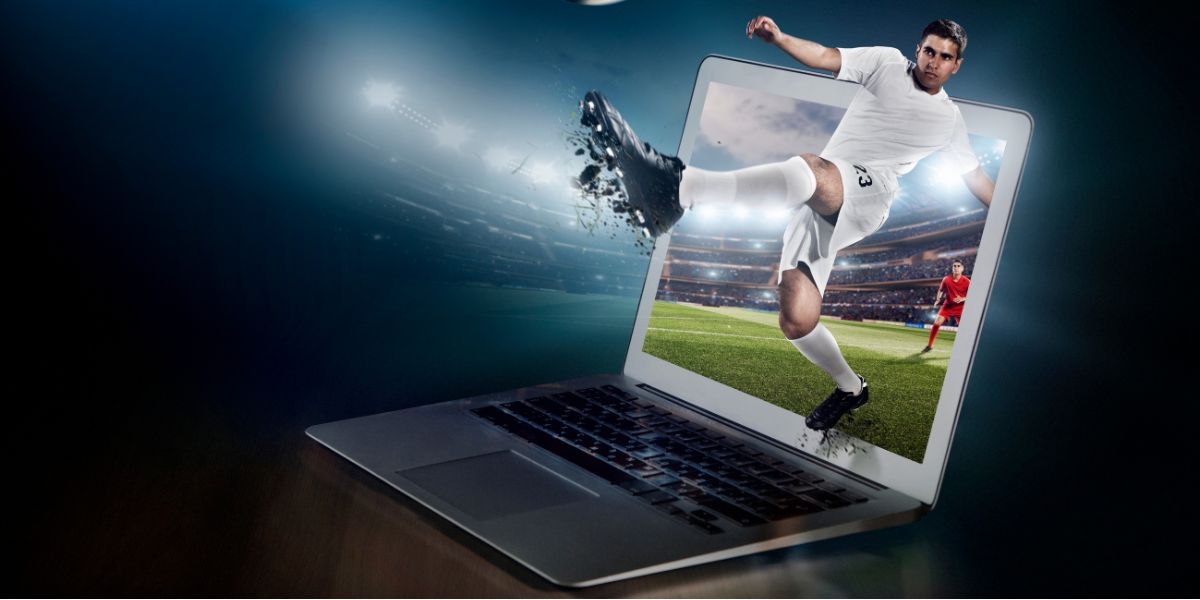
If you're looking to elevate your gaming experience on your laptop, optimizing its performance is key. From hardware upgrades to software tweaks and cooling solutions, there are various avenues to explore. By fine-tuning these aspects, you can significantly enhance your laptop's gaming capabilities. So, whether you're a casual gamer or a dedicated enthusiast, understanding how to maximize your laptop's potential for gaming performance is a worthwhile endeavor.
Hardware Upgrades
Upgrade your laptop's hardware to boost its gaming performance. One of the most effective ways to enhance your gaming experience is by upgrading your laptop's hardware components.
Start by increasing your RAM capacity to ensure smoother gameplay and faster loading times. Upgrading to a solid-state drive (SSD) can significantly reduce loading screens and improve overall system responsiveness. Consider replacing your graphics card with a more powerful one to enhance visual quality and frame rates. Additionally, upgrading your processor can help handle more demanding games with ease.
Another crucial hardware upgrade is investing in a cooling pad to prevent overheating during intense gaming sessions. Overheating can lead to performance throttling and reduce the lifespan of your components. By keeping your laptop cool, you can maintain optimal performance levels for extended periods.
Remember to research compatibility and installation processes before upgrading any hardware components. With the right upgrades, you can transform your laptop into a gaming powerhouse and enjoy a smoother, more immersive gaming experience.
Software Optimization
To further enhance your laptop's gaming performance beyond hardware upgrades, optimizing the software can also play a significant role in maximizing your gaming experience. Start by ensuring that your operating system and drivers are up to date. Updated drivers can provide performance improvements and bug fixes that can boost your gaming experience. Additionally, consider disabling any unnecessary background processes and applications. These can consume valuable system resources, impacting gaming performance.
Another crucial aspect of software optimization is adjusting in-game settings. Lowering graphics settings such as texture quality, shadows, and anti-aliasing can significantly improve frame rates and overall smoothness during gameplay. You can also explore tools like MSI Afterburner to overclock your GPU for additional performance gains, but be cautious and monitor temperatures to prevent overheating.
Lastly, running regular maintenance tasks like disk cleanup, defragmentation, and malware scans can help keep your system running optimally for gaming. By combining hardware upgrades with effective software optimization techniques, you can unlock the full gaming potential of your laptop.
Cooling Solutions
Enhance your laptop's gaming performance by implementing effective cooling solutions. When gaming, your laptop's components generate heat, potentially leading to performance throttling and decreased longevity. To combat this, consider purchasing a laptop cooling pad. These devices provide additional cooling by circulating air beneath your laptop, helping to dissipate heat more efficiently.
Another cooling solution is to regularly clean your laptop's vents and fans. Dust and debris can accumulate over time, obstructing airflow and causing your laptop to overheat. Use compressed air to blow out any buildup and ensure proper ventilation.
Monitoring your laptop's temperature can also help you identify potential overheating issues before they affect performance. Utilize software tools to keep track of your CPU and GPU temperatures while gaming, making adjustments as needed to prevent overheating.
Performance Settings
Consider optimizing your laptop's performance through strategic adjustments in the performance settings. Tweaking these settings can significantly enhance your gaming experience.
Start by adjusting the power plan to high performance mode to ensure your laptop is running at its best. This setting allows your system to allocate more power to the CPU and GPU, resulting in smoother gameplay.
Next, fine-tune the display settings by setting a higher refresh rate and resolution for better visuals. However, be mindful that higher resolutions may impact performance, so find the right balance for your system. Additionally, disable any background applications or processes that aren't essential while gaming to free up resources for your game.
Updating your graphics drivers regularly can also boost performance by providing optimizations and bug fixes for gaming. Lastly, consider overclocking your GPU for a potential performance boost, but be cautious and ensure your laptop can handle it without overheating.
Regular Maintenance
Ensure your laptop's optimal gaming performance by regularly maintaining its hardware and software components. Keeping your laptop in top condition is crucial for smooth gameplay. Start by cleaning the exterior and vents to prevent dust buildup that can cause overheating. Use compressed air to blow out any dust from the vents and fan. Check for any physical damage and address it promptly.
Regularly update your graphics drivers to ensure your laptop can handle the latest games. Manufacturers often release new driver updates that optimize performance and fix bugs. Additionally, keep your operating system and game clients up to date for the best compatibility and performance.
Monitor your laptop's temperature while gaming to prevent overheating. Consider using a cooling pad to help dissipate heat more effectively. Finally, uninstall any unnecessary programs that may be running in the background and consuming resources. By following these maintenance tips, you can enjoy a consistently high gaming performance on your laptop.




